
Crucial T700 Review
The Crucial T700 (starts at $179.99 for 1TB; $369.99 for 2TB with heatsink as tested)
2023-05-31 02:22

Nvidia’s Rise to AI Powerhouse Explained in Three Charts
Nvidia Corp.’s transformation into an artificial intelligence powerhouse — and Wall Street darling with a nearly $1 trillion
2023-05-31 02:05
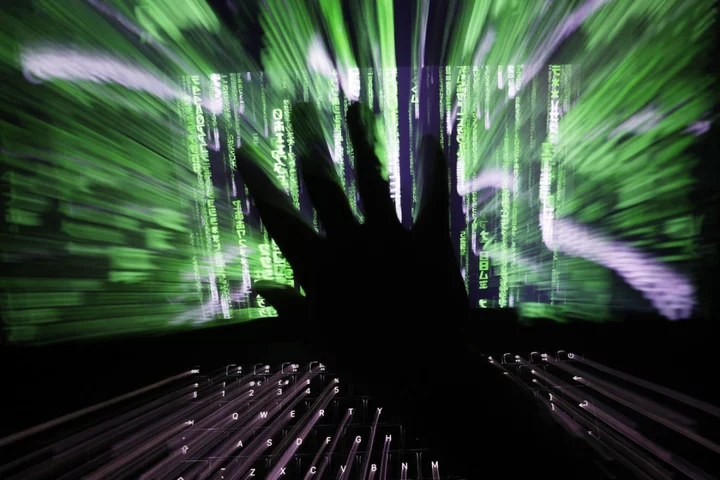
Humans risk extinction from AI, Deepmind and OpenAI warn
The heads of two of the leading AI firms have once again warned of the existential threat posed by advanced artificial intelligence. DeepMind and OpenAI chief executives Demis Hassabis and Sam Altman pledged their support to a short statement published by the Centre for AI Safety, which claimed that regulators and lawmakers should take the “severe risks” more seriously. “Mitigating the risk of extinction from AI should be a global priority alongside other societal-scale risks such as pandemics and nuclear war,” the statement read. The Centre for AI Safety is a San Francisco-based non-profit which aims “to reduce societal-scale risks from AI”, claiming that the use of AI in warfare could be “extremely harmful” as it could be used to develop new chemical weapons and enhance aerial combat. Signatories of the short statement, which did not clarify what they think may become extinct, also included business and academic leaders in the space. Among them were Geoffrey Hinton, who is sometimes nicknamed the “Godfather of AI”, and Ilya Sutskever, the chief executive and co-founder respectively of ChatGPT-developer OpenAI. The list also included dozens of senior bosses at companies like Google, the co-founder of Skype, and the founders of AI company Anthropic. AI is now in the global consciousness after several firms released new tools allowing users to generate text, images and even computer code by just asking for what they want. Experts say the technology could take over jobs from humans – but this statement warns of an even deeper concern. The emergence of tools like ChatGPT and Dall-E have resurfaced fears that AI could one day wipe out humanity if it passes human intelligence. Earlier this year, tech leaders called on leading AI firms to pause development of their systems for six months in order to work on ways to mitigate risks. “AI systems with human-competitive intelligence can pose profound risks to society and humanity,” the open letter from the Future of Life Institute stated. “AI research and development should be refocused on making today’s powerful, state-of-the-art systems more accurate, safe, interpretable, transparent, robust, aligned, trustworthy, and loyal.” Additional reporting from agencies Read More What is superintelligence? How AI could replace humans as the dominant lifeform on Earth Major breakthrough is a reminder that AI can keep us alive, not just wipe us out Scientists use AI to find new antibiotic against deadly hospital superbug ChatGPT creator signs up for eyeball-scanning cryptocurrency
2023-05-31 01:00

US agency says 8.3 million homes, businesses lack access to high-speed broadband
WASHINGTON More than 8.3 million U.S. homes and businesses lack access to high-speed broadband internet, the Federal Communications
2023-05-31 00:39

Brazil Banks to Deny Credit to Meatpackers Linked to Amazon Destruction
Brazilian banks have committed to deny credit to meatpackers that buy cattle from illegally deforested areas, echoing new
2023-05-30 23:49

Huge ‘plume’ seen coming out of nearby moon that could support alien life
A vast plume has been seen coming out Enceladus, one of Jupiter’s moons. The satellite is one of the best hopes for finding life outside our own planet. It has salty water and other conditions that leave scientists to believe that it could support alien life. Now the James Webb Space Telescope has watched a vast plume being ejected out of the planet. It found that the water shooting out of the planet is more than 20 times the size of the moon itself. Researchers already knew that jets of water were spurting out of Enceladus. But the vast size of the one found by Webb led researchers to wonder whether they had made a mistake. “When I was looking at the data, at first, I was thinking I had to be wrong. It was just so shocking to detect a water plume more than 20 times the size of the moon,” said lead author Geronimo Villanueva of NASA’s Goddard Space Flight Center in Greenbelt, Maryland. “The water plume extends far beyond its release region at the southern pole.” It wasn’t only the scale of the plume that was shocking in the data, however. Researchers also found that the amount of water gushing out is surprisingly large: some 79 gallons spurt out each second, enough to fill an olympic swimming pool in a couple of hours. Read More Japan aims to beam solar power from space by 2025 China announces plan to put boots on the moon before 2030 amid space race with US US tells China: ‘We’ll fight in outer space if we have to’
2023-05-30 23:29
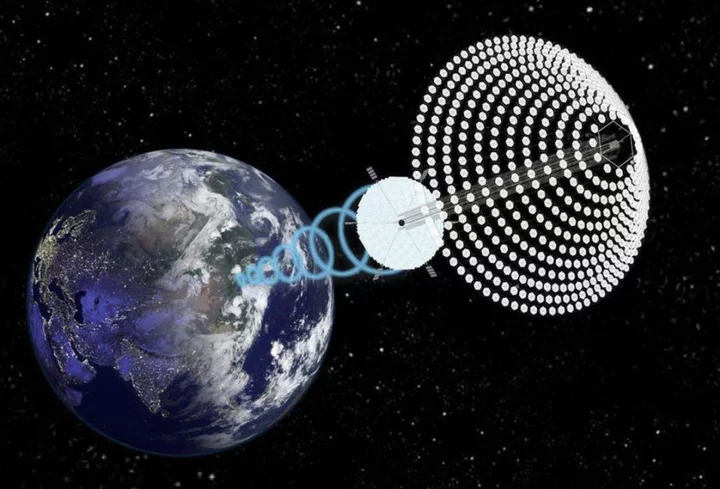
Japan aims to beam solar power from space by 2025
Japan is aiming to become the first country in the world to beam solar energy from space back to Earth to generate electricity at scale. A public-private partnership led by Japanese space agency JAXA will see the first satellite transmitters set up by 2025, according to local reports, The satellites will convert solar power into microwaves and send them to ground-based receiving stations, which then convert it into electrical energy. “If we can demonstrate our technology ahead of the rest of the world, it will also be a bargaining tool for space development with other countries,” Kyoto University professor Naoki Shinohara told Nikkei. The concept, which was first theorised in 1968, has several advantages over terrestrial solar power setups, notably being able to harvest solar energy for much longer, unhindered by the Sun’s typical cycle. Microwaves are capable of passing through clouds, so the technology is also able to operate in adverse weather conditions. Japan has already achieved several firsts in this field, having been the first to transmit power via microwaves in space in the 1980s. In 2015, JAXA scientists followed this up with another breakthrough that saw 1.8 kilowatts of power beamed down to an Earth-based receiver – roughly enough to power an electrical kettle. Several other countries and regions are also working on the technology, with the European Space Agency unveiling a plan last year to test the viability of space-based solar power. The Solaris program aims to make Europe a global leader in this untapped energy resource, with the hope of setting up a development program in 2025. More research still needs to be done before it becomes feasible at a significant scale, though recent advances in high-efficiency solar cells, wireless power transmission and robotic in-orbit assembly mean that China and the US are also working on ways to tap the Sun’s energy from space. Among the concerns surrounding the technology are the health impacts of low-power microwaves on humans, animals and plants. “These are the kind of technical questions that Solaris will look into, to explore further the feasibility of the concept,” Sanjay Vijendran, ESA’s lead for the Solaris proposal, said last year. “As an added plus, any breakthroughs achieved in these areas will be valuable in their own right, applicable to many other spaceflight endeavours.” Read More Scientists break world record for solar power window material Huge ‘plume’ seen coming out of nearby moon that could support alien life Elon Musk meets Chinese foreign minister on first visit for three years Mitigating ‘extinction’ from AI should be ‘global priority’, experts say
2023-05-30 23:18
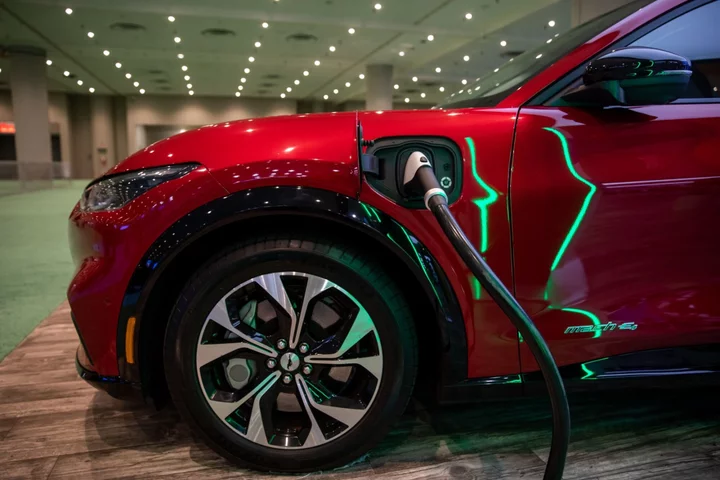
Ford Hands Tesla a Big Win in VHS Versus Betamax-Like Battle
Hours before Tesla Inc. and Ford Motor Co. announced their surprise charging partnership, Ford’s chief executive officer offered
2023-05-30 23:15

MyHeritage Launches Reimagine: An Innovative Photo App for Scanning, Improving, and Sharing Family Photos
TEL AVIV, Israel & LEHI, Utah--(BUSINESS WIRE)--May 30, 2023--
2023-05-30 22:37
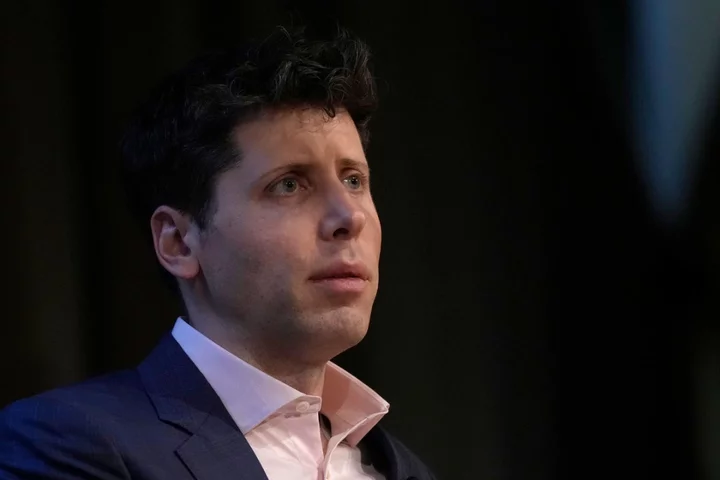
Mitigating ‘extinction’ from AI should be ‘global priority’, experts say
Some of the biggest names in the development of artificial intelligence (AI) have called for global leaders to work towards mitigating the risk of “extinction” from the technology. In a short statement, which did not clarify what they think may become extinct, business and academic leaders said the risks from AI should be treated with the same urgency as pandemics or nuclear war. “Mitigating the risk of extinction from AI should be a global priority alongside other societal-scale risks such as pandemics and nuclear war,” they said. The statement was organised by the Centre for AI Safety, a San Francisco-based non-profit which aims “to reduce societal-scale risks from AI”. It said the use of AI in warfare could be “extremely harmful” as it could be used to develop new chemical weapons and enhance aerial combat. The letter was signed by some of the biggest names in the field, including Geoffrey Hinton, who is sometimes nicknamed the “Godfather of AI”. The signatories also include Sam Altman and Ilya Sutskever, the chief executive and co-founder respectively of ChatGPT-developer OpenAI. The list also included dozens of academics, senior bosses at companies like Google DeepMind, the co-founder of Skype, and the founders of AI company Anthropic. AI is now in the global consciousness after several firms released new tools allowing users to generate text, images and even computer code by just asking for what they want. Experts say the technology could take over jobs from humans – but this statement warns of an even deeper concern. Read More Charity boss speaks out over ‘traumatic’ encounter with royal aide Ukraine war’s heaviest fight rages in east - follow live
2023-05-30 21:59

AI industry and researchers sign statement warning of 'extinction' risk
Dozens of AI industry leaders, academics and even some celebrities on Tuesday called for reducing the risk of global annihilation due to artificial intelligence, arguing in a brief statement that the threat of an AI extinction event should be a top global priority.
2023-05-30 21:35
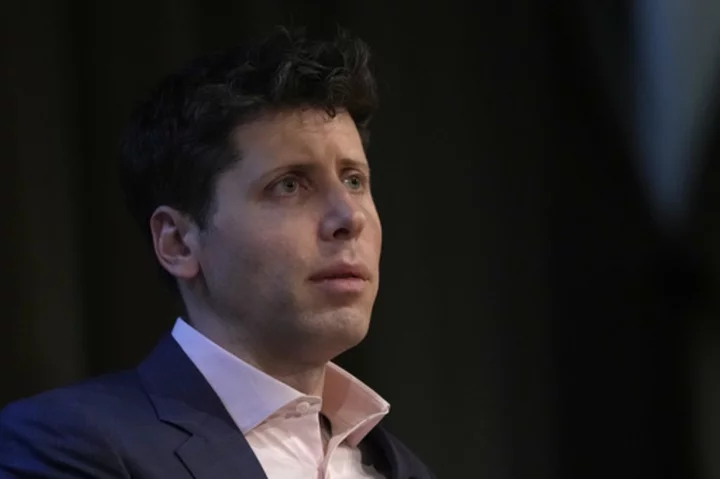
Artificial intelligence threatens extinction, experts say in new warning
Scientists and tech industry leaders have issued a new warning about the perils that artificial intelligence poses to humankind
2023-05-30 21:28
You Might Like...
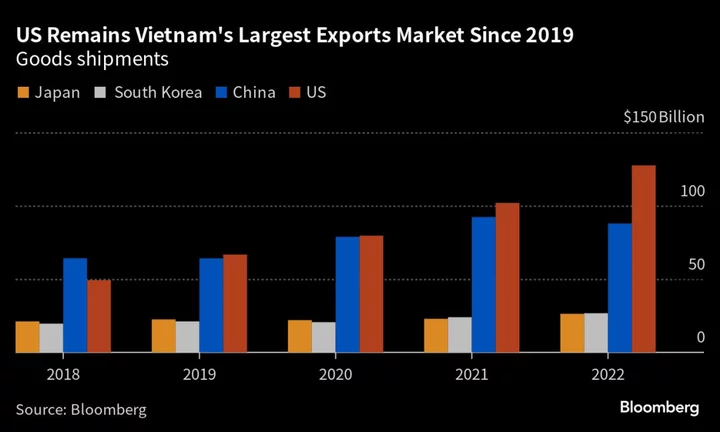
Biden Showcases Boeing, Chip Deals as US and Vietnam Draw Closer
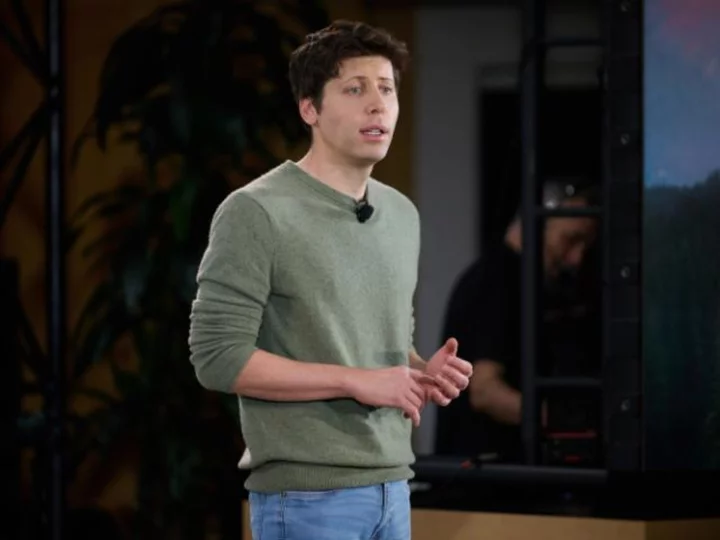
OpenAI CEO Sam Altman to testify before Congress

US Boosts Biodiesel Quotas Only Modestly Despite Lobbying Frenzy

Hitting 'snooze' on your alarm might actually be good for you, scientists say
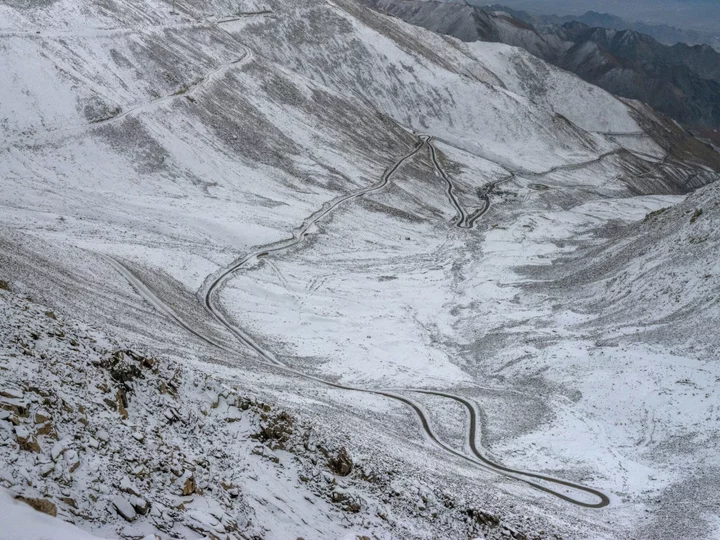
Vanishing Ice on Highest Mountains Threatens Quarter of Humanity

Quiet Day on Reddit: Major Subreddits Go Dark to Protest API Changes

Groundbreaking footage shows how hammerhead sharks get their hammers
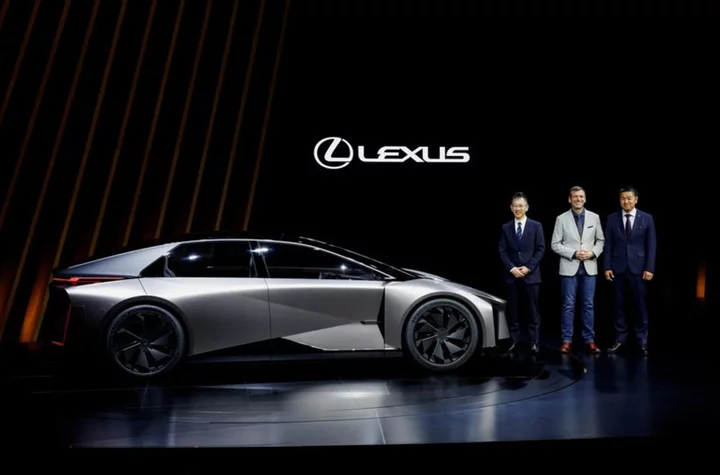
Toyota aims to put 1,000 km-range Lexus EV on the road by 2026
